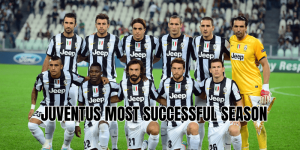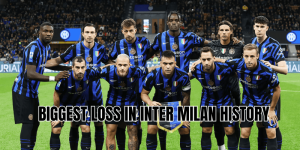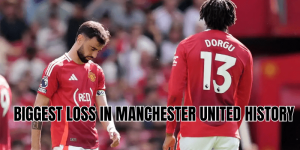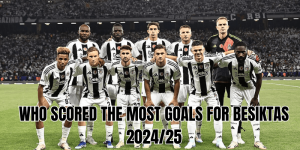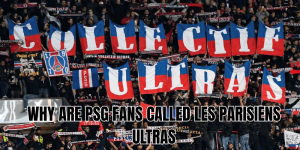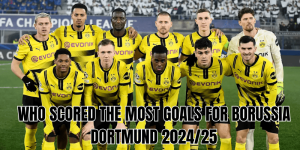From the roar of “Howay the lads!” echoing around St James’ Park to the sea of black and white flags across England, Newcastle United’s supporters carry a name steeped in local pride and linguistic heritage. But why are Newcastle fans called the Toon Army? In this article, RusKick will guide you through the history, meaning, and cultural significance behind that iconic label — and by the end, you’ll see it’s more than just a nickname.
The “Toon” in Toon Army: A Geordie Voice
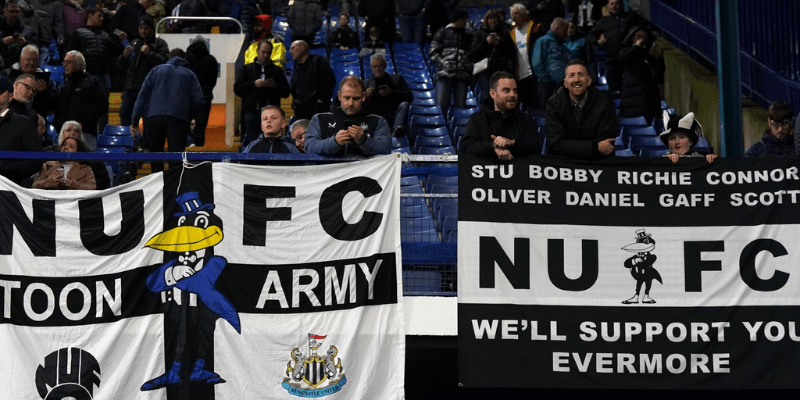
The dialectal twist on “town”
The key word here is toon — a simple shift in pronunciation that carries decades of identity. In the Geordie dialect (the regional accent and speech of Tyneside), town is often voiced as “toon”, retaining a sound closer to older English forms. Linguists call this kind of retention part of why some northern dialects avoided the full effects of the Great Vowel Shift, which changed many “oo” sounds into “ow” (so that town became /taʊn/ in standard modern English) — but not everywhere. In Geordie speech, that older “oo” vowel persisted, so “town” became “toon.”
###, “I’m heading doon to the toon” — meaning they’re going into town. Because Newcastle United is at the heart of the city, over time the club became known as the Toon. Then, by analogy with how other fanbases adopt the word “army” (e.g. “the Red Army,” “the Green Army”), Newcastle’s followers earned the title Toon Army — the “army of the football in the toon.”
When Did “Toon Army” Begin? Tracing the Origins
The exact moment “Toon Army” entered widespread use is murky, but the roots trace back to mid-20th century fandom. In press coverage and fanzines from the 1960s–70s, supporters are occasionally referred to as the “Toon Army” — especially when traveling en masse to London for major matches. It seems the name gained traction when thousands of Geordies would descend on Wembley for FA Cup or League Cup finals, prompting commentators to remark that the “Toon Army was out in force.”
Some sources suggest that the “Army” suffix became more popular in the late 1970s and 1980s, as the fan culture grew more organized and media-savvy. The addition of “army” emphasized collective identity, strength, and unbreakable solidarity.
Still, the nickname never completely replaced Newcastle’s other beloved identifiers — “The Magpies” (for their black-and-white strip) and “Geordies” (denoting regional identity) remain in use. The Toon Army, though, ranks among the most emotionally resonant of them all.
What It Symbolizes: Unity, Loyalty, Identity
More than a nickname
Toon Army is more than just a label — it’s a badge of communal pride. When a stadium chants “Black and White Army” or “Toon Army,” it reinforces the idea that every fan is part of a collective force, moving and believing together. At home and away matches, you’ll see huge banners, tifos, and coordinated chants that evoke this shared spirit.
Bridging city and club
Because the term “toon” ties directly to the city itself, calling fans the Toon Army creates a vivid link between Newcastle United and the people of its city. Supporters aren’t just backing a football team — they’re rooting for their home, their heritage, their identity.
Resistance, passion, resilience
Newcastle fans are famed for their devotion through thick and thin. Whether the club is winning trophies or fighting relegation, the Toon Army has always stood firm. The nickname emphasizes tenacity: an army doesn’t abandon its banner. It suits a fanbase that often feels overlooked by outsiders but fiercely proud of its roots.
Comparisons: Other Clubs With “Army” Names
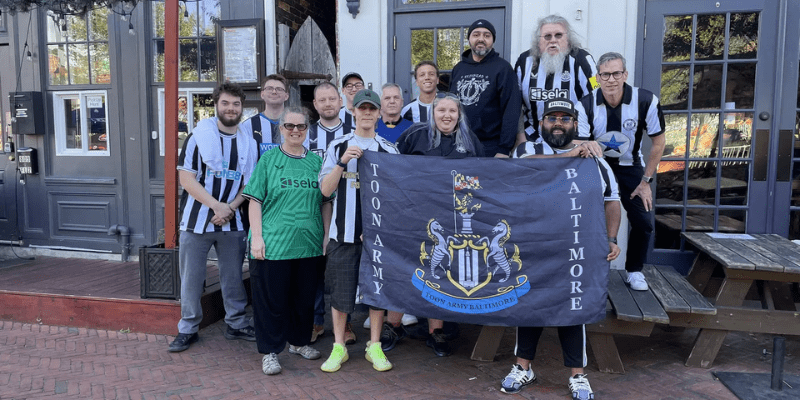
It’s common in football culture to adopt the “army” suffix — each with its own flavor and meaning:
- Red Army – used for Manchester United (historically) and Spartak Moscow fans
- Green Army – associated with some clubs using green colours
- Blue Army, Yellow Army — variants tied to colours or local identity
But Toon Army stands out because the first word is not a colour but a local dialect word. That twist makes it uniquely Newcastle: it embodies geography, speech, and community all at once.
Myths, Misconceptions, and Lesser-Known Facts
- It’s not about cartoons or cartoons culture — Some who hear “Toon Army” for the first time assume a link to “cartoon”. That’s purely coincidental.
- “Toon” doesn’t mean small town — Newcastle is a city, but in local speech, “toon” just refers to “town” (i.e. the city centre or urban area).
- “Army” isn’t a militant claim — It’s symbolic, not literal. It’s rooted in the tradition of fan groups referring to themselves in expansive, almost romantic terms.
- Old English roots — The word tun (Old English) meant enclosure, farm, or settlement — the distant ancestor of “town.” That sense still lingers in dialect words like “toon.”
How It Plays Out Today
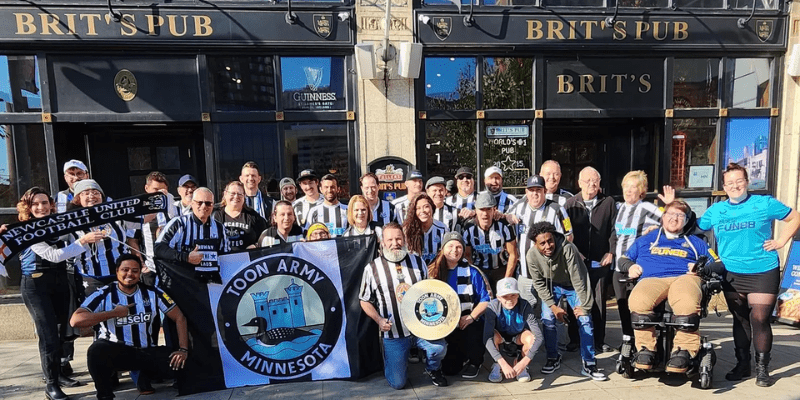
The Toon Army is alive and visible:
- At St James’ Park, flickers of black & white across every stand create a sea of coordinated visuals.
- Away games see loyal fans travelling across the country and Europe, often carrying flags reading “Toon Army.”
- Supporters’ groups officially use the name: “Toon Army Chicago,” “Toon Army USA,” etc.
- Media, commentators, and even club messaging frequently refer to Newcastle’s fanbase as the Toon Army — a testament to its embedded status in fan culture.
In club history and identity pages, Newcastle lists “The Toon Army” among its official fan nicknames. The name has transcended fandom and entered football folklore.
Conclusion
Why are Newcastle fans called the Toon Army? Because the name weaves together language, place, and passion. “Toon” is a Geordie pronunciation of “town,” anchoring the nickname in the voice of the city. “Army” conveys unity, strength, and relentless support. Together, they create a powerful identity that links every fan to Newcastle United and the wider Geordie community.
If you’ve enjoyed this exploration, stick with RusKick — we’ll take you next into the history of Newcastle’s chants, the evolution of the Magpies’ badge, or a deep dive into other iconic fan nicknames. Join us, and be part of the Toon Army of readers who truly live the game.

